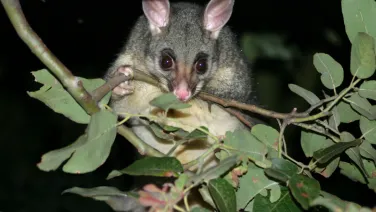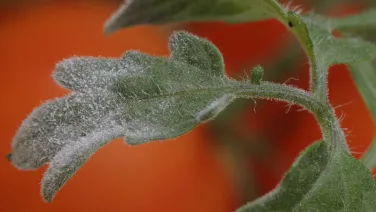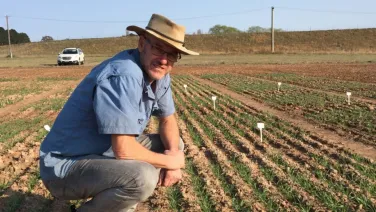
Plant-microbe interactions
Explore plant-microbe interactions at ANU, from soil and shoot symbioses to pathogens, enhancing growth and productivity in agricultural and natural ecosystems.
About
The interactions of plants with microbes both in the soil and above ground shoot are of great importance for the growth and productivity of plants in agricultural and natural ecosystems. At the Research School of Biology, interactions between plants, symbiotic bacteria, fungi, and pathogens are being investigated at levels ranging from the molecule to the ecosystem.
















